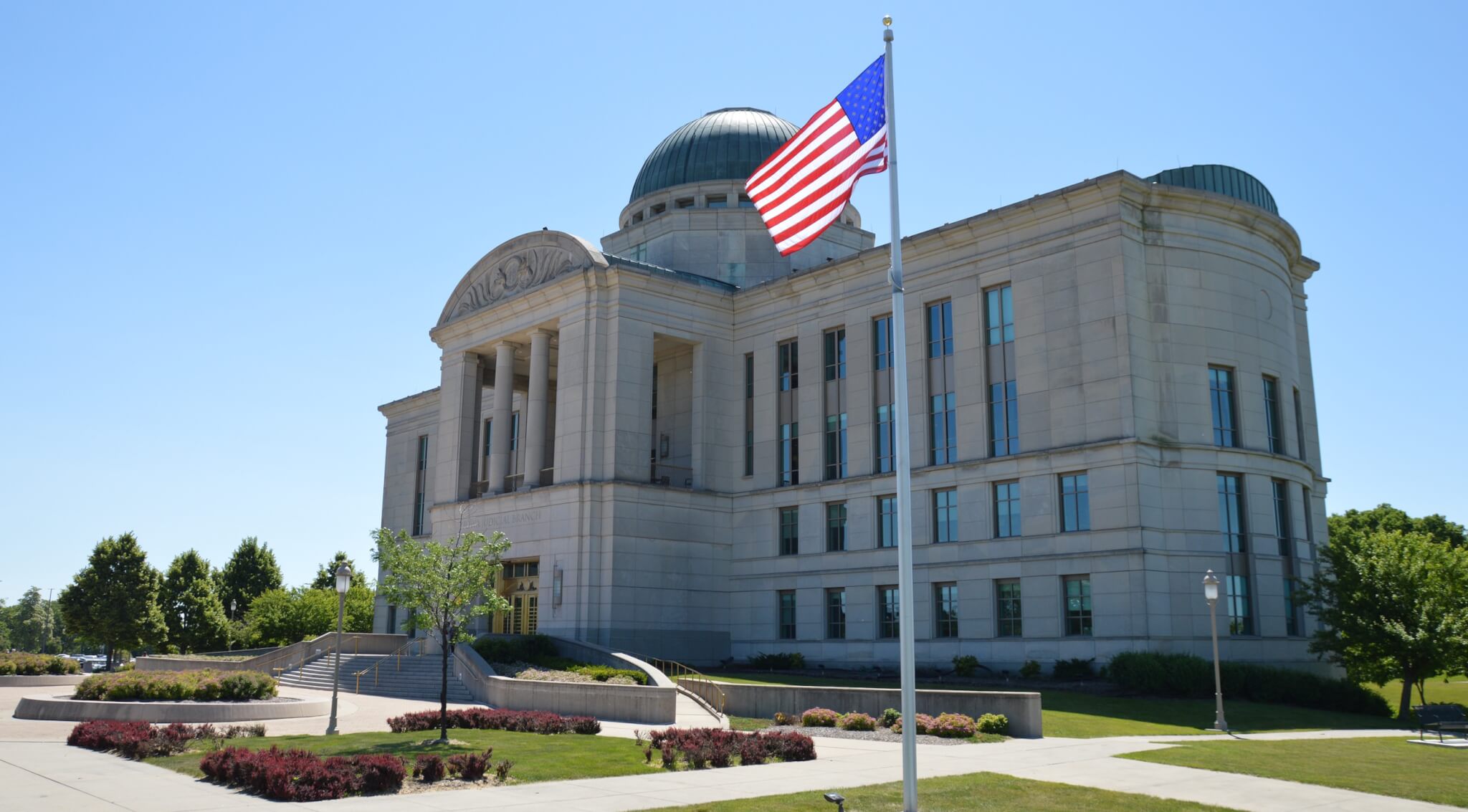
At least seven unions have filed lawsuits against the State of Iowa since collective bargaining rules changed in 2017.
Complaints have been filed against the Iowa Board of Regents, the State of Iowa and the Public Employment Relations Board for alleged unfair treatment of public safety employees and for questions about the validity of agreements reached between the unions and the state.
Other than a slap on the wrist for refusing to negotiate with the faculty union at the University of Northern Iowa and the graduate students union at the University of Iowa, the state has been successful in defending its new rules. The new rules redefine who qualifies as a public safety employee and changes what exactly unions can negotiate for.
Along with the UNI faculty union and the U of I grad students (UE Local 896), the Service Employees International Union Local 199, UE Local 893/IUP, AFSCME Iowa Council 61 and the Iowa State Education Association with the Davenport Education Association have all filed lawsuits or complaints against the state.
UNI’s faculty and successfully argued the Board of Regents “failed to meet for bargaining or mediation” in 2016 and 2017 and their actions “interfered with, restrained or coerced the employees’ exercise of their right to negotiate collectively with the United Faculty at UNI.”
It was also found the Board of Regents refused to negotiate with the University of Iowa graduate students.
The state will have to issue an apology for its actions in both cases.
Nate Willems, an attorney working on behalf of the UNI United Faculty, said, “It looks as though the Regents will be required to post a notice that they broke the law. Beyond that, we’re going to evaluate our options. It doesn’t appear that there are enhanced penalties for being a repeat offender.”
[inline-ad id=”0″]
The Iowa Supreme Court settled five more cases filed by unions against the state in recent weeks.
AFSCME argued the state’s new collective bargaining rules are unconstitutional.
The union stated in court documents that the rules give police officers and firefighters more bargaining rights than prison guards, campus police officers and emergency medical technicians. Therefore, the rules violate the equal protection clause of the Iowa Constitution and the right to the freedom of association, AFSCME argued.
The court, however, ruled in favor of the state.
Willems said the multiple lawsuits are the result of how “different unions reacted to the situation” at the time and how they decided to protest alleged unfair treatment.
by Paige Godden
Posted 6/19/19

Big corporations are suing to block Biden’s efforts to lower costs
From the cost of medication to education to everyday expenses, the Biden administration has passed several laws and implemented many federal rules...

Iowa Republicans make outlawing gay marriage key 2024 campaign priority
Iowa Republicans have made outlawing gay marriage a key goal in their 2024 party platform. During the Iowa GOP’s 2024 state convention on Saturday,...

Department of Justice says Iowa immigration law violates US Constitution
If Iowa doesn’t suspend the enforcement of its new immigration law by May 7, the state could face a federal lawsuit, according to the Des Moines...

Rushing: Iowa State president said the quiet part out loud
I want to thank Iowa State University President Wendy Wintersteen for doing us all a favor by finally saying the quiet part out loud: all the...

Iowa sets aside almost $180 million for year two of voucher program
Iowa has committed nearly $180 million in taxpayer funds to support private school tuition in the 2024-25 school year, which is almost $50 million...

Kalbach: Immediate action needed on corporate ag pollution
Iowa agriculture has undergone substantial changes over the past 40 years. We see it all around us. Rather than crops and livestock being raised on...




